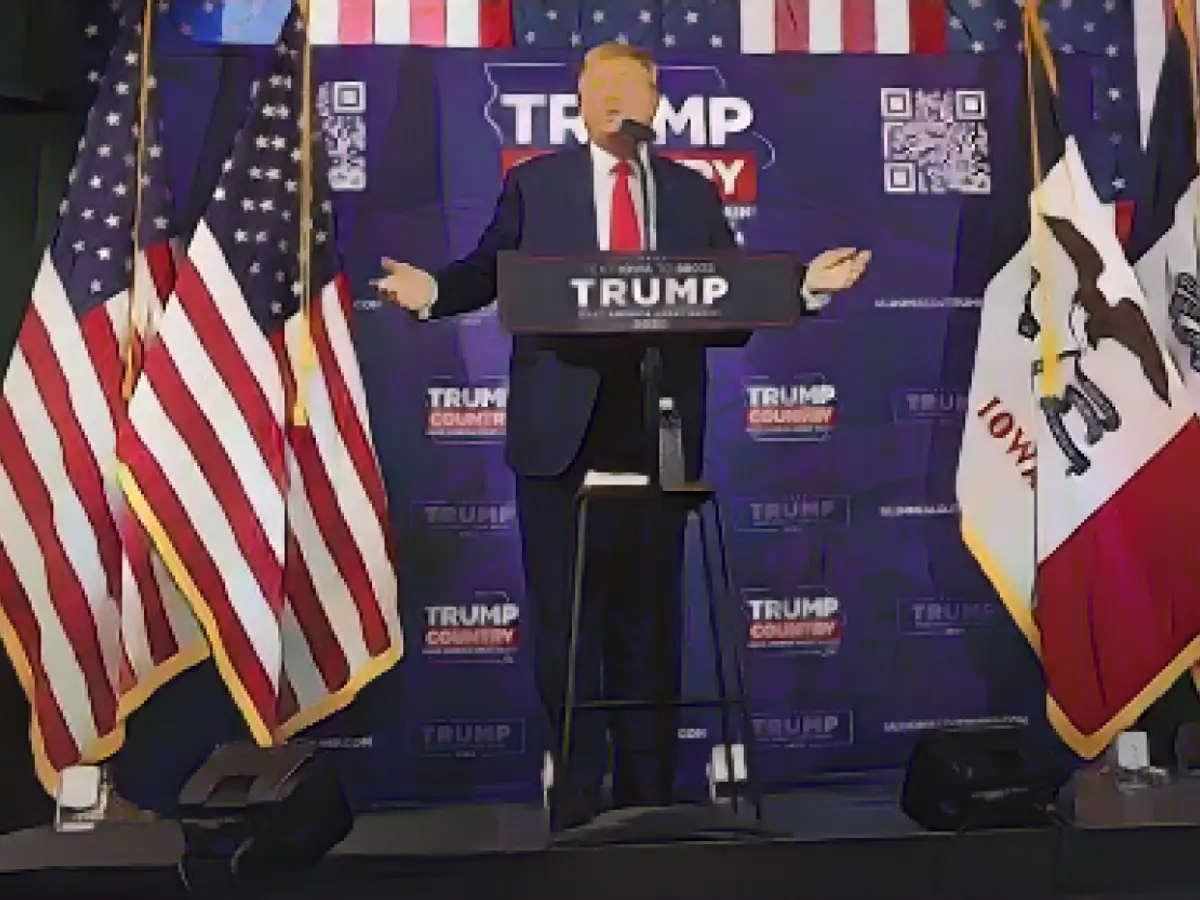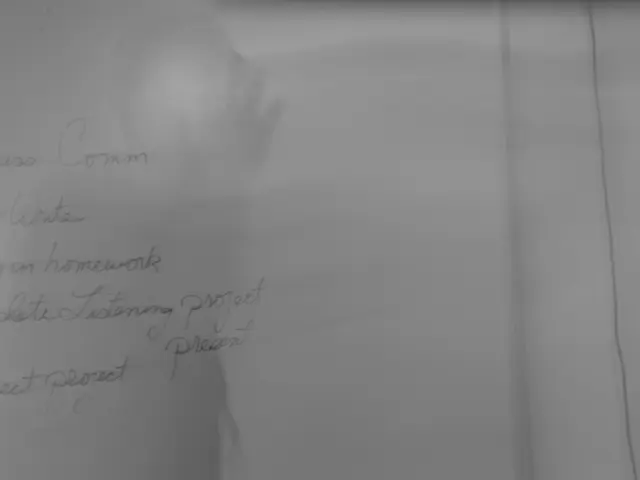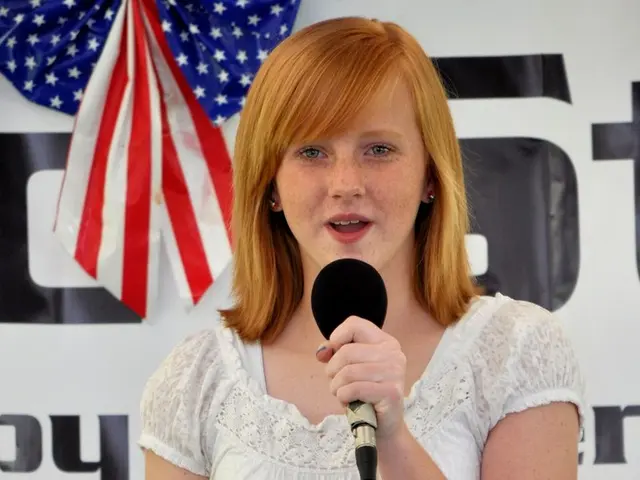Trump and His Allies Threaten Retaliation Against the Media: A Tactics Breakdown
In recent discussions, former President Donald Trump and his allies have hinted at potential retaliation against media organizations due to their critical reporting. This threatening stance mirrors the tactics often employed by authoritarian regimes, aiming to limit free speech and control information flow. To understand the depth of this potential backlash, let's dive into the strategies and legal tactics being employed.
Threats and Retaliation
- FCC Actions:
- Bias Complaints: FCC Chair Brendan Carr reinstated bias complaints against major networks like ABC, NBC, and CBS, alleging they were partial to Kamala Harris during the 2024 presidential election. This move signals an attempt to weaponize the FCC's licensing authority against media outlets that do not align with Trump's views.
- Investigations and Threats:
- KCBS Investigation: The FCC launched an investigation into San Francisco-based radio station KCBS over its coverage of the administration's mass deportation raids in California. Chairman Carr made threatening statements about the station's reporting, sparking concerns it might be inconsistent with public interest obligations.
- Section 230 Reform:
- Social Media Platforms: Carr has proposed reforming Section 230, which shields interactive service companies from liability for user-generated content. His goal is to force social media platforms to moderate less content, potentially limiting their ability to remove harmful or biased content.
Legal Tactics
- Defamation Suits and SLAPPs:
- Media Matters and Elon Musk: Elon Musk, now a special government employee, sued Media Matters for "consumer fraud" after the organization reported on advertisers whose ads were appearing next to toxic content on X (formerly Twitter).
- Steve Wynn's Petition: A large Trump donor, Steve Wynn, filed a petition asking the Supreme Court to overturn the landmark 1964 decision in New York Times v. Sullivan, which protects media's ability to aggressively cover public officials.
- Settlements and Litigation:
- Media Organizations: Media organizations like ABC, Meta, and CBS have settled lawsuits filed by or on behalf of Trump, leading to hefty financial costs. This sets a worrying precedent for other media outlets that may be targeted.
- Government Agency Subscriptions:
- Cancellation of Subscriptions: The administration has canceled government agency subscriptions to news outlets that cover political events, limiting access to information and creating a hostile media environment.
- Press Briefing Exclusions:
- Unfriendly Outlets: The White House and Pentagon have excluded unfriendly news outlets from press briefings in favor of pro-Trump outlets, as part of a new "media rotation policy."
- State Power Misuse:
- Pentagon Memo Withdrawal: The Department of Defense issued a memo withdrawing access to office space for major news organizations like NBC News, Politico, the New York Times, and National Public Radio. This move reflects a petty grievance against media outlets that have critical reporting on incoming Defense Secretary Pete Hegseth.
Authoritarian Behavior
- Anti-Press Rhetoric:
- Trump has consistently used his platform to demean reporters and normalize the idea that journalists are valid targets of condemnation. This rhetoric can chill independent reporting.
- Project 2025:
- Project 2025, a policy plan promoted by Trump and his allies, includes proposals that undermine the rule of law, separation of powers, and civil liberties. It also entertains the idea of defunding public broadcasting and revoking NPR stations' noncommercial status, potentially limiting dissenting voices.
These strategies and tactics collectively reflect a broader effort to intimidate and silence media organizations, mirroring behaviors of authoritarian regimes that aim to limit free speech, control information flow, and suppress dissenting voices.








